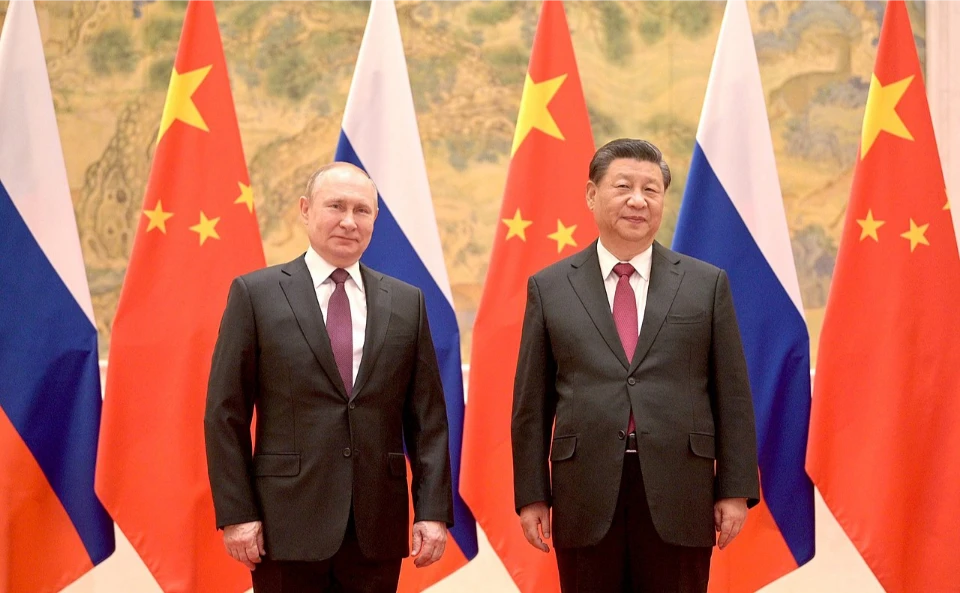Russia and China stand to gain strategically from recent election outcomes in Georgia and Japan, which could significantly challenge Western influence in both regions.
In Georgia, which borders Russia, a shift toward a more Russia-aligned government undercuts the country’s longstanding ambition to join the European Union and NATO, a goal that aligns closely with Western interests in promoting democratic governance and security partnerships on Russia’s periphery.
If Georgia moves closer to Moscow, it jeopardizes years of Western efforts to support its independence and democratic development.
Russia would benefit from reduced resistance to its influence in the Caucasus and could use Georgia as a model to dissuade other former Soviet states from pursuing pro-Western reforms.
This outcome strengthens Russia’s regional grip and threatens to undo Western alliances that have slowly developed in Eastern Europe and Central Asia.
Georgia’s pro-Western president is calling on his nation’s citizens to take to the streets and protest the disputed outcome of recent parliamentary elections which she considered a gift to Russian President Vladimir Putin.
“As the last independent institution, I cannot recognize these elections – it would legitimize Russia’s takeover of Georgia. Our ancestors endured too much for us to surrender our European future,” Georgian President Salome Zourabichvili said in a statement released on X.
In an interview with the Associated Press she said the election was “rigged with the help of Russia.”
The results are a massive blow for a country striving to join the European Union and identify closer with the West. The opposition’s loss could derail Georgia’s hopes of becoming a member of the European Union and place it further under Russia’s grip.
In Japan, a government that softens its stance toward China undermines the United States’ efforts to solidify a coalition of allies in the Indo-Pacific aimed at containing Chinese influence.
The devastating loss by Japanese Prime Minister Shigeru Ishiba‘s ruling coalition in Sunday’s general election has sent U.S. officials scrambling to assess the potential harm to a security alliance that had been seen as a golden era.
Ishiba was elected prime minister less than a month ago after defeating hawkish rival Sanae Takaichi in the ruling Liberal Democratic Party’s leadership election. Now he is racing to court small parties to stay in power.
The election in Japan dealt the worst defeat for the long-serving ruling coalition in 15 years, leaving it wrangling for support from opposition parties to keep control of the powerful lower house.
Unfortunately, this loss is seen as benefiting China.
From Beijing’s viewpoint, this election result signals an ideal scenario: a politically immobilised Japan.
Analysts say China could now potentially increase intrusions into Japanese territory as well as step up pressure on Taiwan, while North Korea, which has been deepening its security cooperation with Russia, could intensify ballistic missile testing.
Japan is central to U.S. strategy in Asia, and any pivot away from its traditionally firm stance on defense and regional security issues would weaken the QUAD alliance and lessen regional opposition to China’s territorial claims.
This shift would allow China to exert more control over key areas like the East China Sea and, indirectly, Taiwan, reducing the deterrence effect that Japan’s military readiness brings to the region.
Economically, a pro-China government in Japan could prioritize deeper economic ties with China, giving Beijing leverage over Japanese policy decisions and reducing Japan’s commitment to Western economic alliances.
For the West, these developments threaten to undermine strategic alliances and allow both Russia and China to gain footholds in critical regions.
In Georgia, this means potentially losing a key pro-Western partner in Eastern Europe, while in Japan, a friendlier stance toward China could fracture the West’s security architecture in Asia, making it harder to curb China’s rise.
Both scenarios would erode Western influence, complicating efforts to maintain a balanced, rules-based international order.
